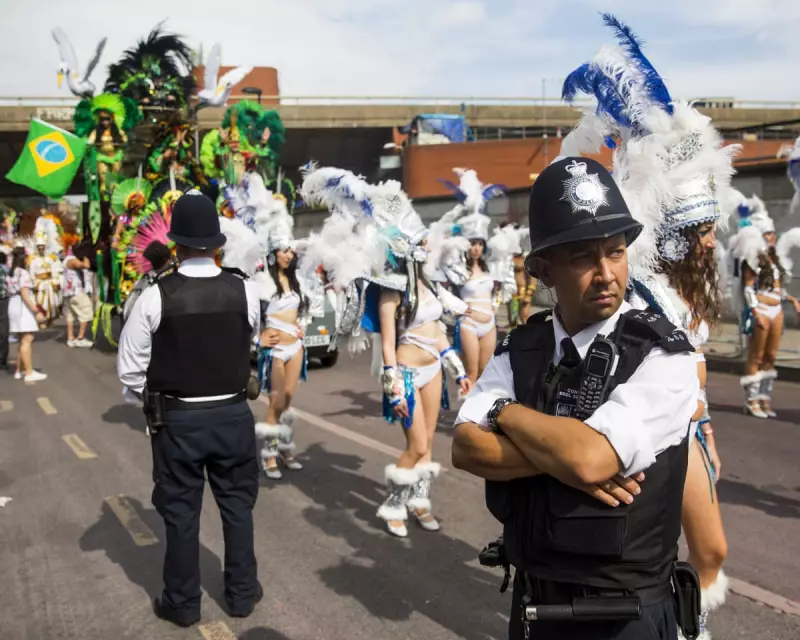
The vibrant, pulsating heart of West London has fallen silent once more. The dazzling costumes have been packed away, the towering sound systems switched off, and the last traces of jerk chicken seasoning have been carried away on the breeze. The 2025 Notting Hill Carnival is over, but the conversation it has sparked is only just beginning.
This year's event, a spectacular celebration of Caribbean culture and community, unfolded under the intense and unblinking gaze of one of the largest police operations in its six-decade history. The Metropolitan Police's significant deployment, featuring highly visible patrols and widespread use of stop-and-search powers, has ignited a fierce national debate about the very soul of the carnival.
A Celebration Under Scrutiny
Community leaders and veteran carnivalists are raising urgent questions. Is the world's second-largest street festival being slowly transformed from a joyous cultural expression into a heavily managed security operation? Many long-time attendees reported a palpable shift in atmosphere, describing a feeling of being "policed rather than protected."
The core of the controversy lies in the perceived overreach of Section 60 orders, which grant officers the power to stop and search individuals without needing reasonable suspicion. Critics argue that these blanket powers, while intended to prevent violence, disproportionately target young Black men and cast a shadow of suspicion over the entire event, criminalising attendees simply for being present.
The Delicate Balance: Safety vs. Liberty
The Metropolitan Police defend their strategy as a necessary and proportionate response to ensure public safety, pointing to statistics on prevented incidents and weapons seizures. They emphasise the complex challenge of policing a dense, crowded urban environment where the potential for serious crime is a real concern.
However, civil liberties groups and local MPs counter that this approach is fundamentally flawed. They argue that effective policing at the carnival should be built on trust, communication, and community engagement—not on a foundation of indiscriminate authority that risks alienating the very people the event is meant to unite.
The future of the Notting Hill Carnival now stands at a crossroads. The post-event debriefs between the police, the Mayor's office, and carnival organisers will be more critical than ever. The central question remains: How does London protect its beloved festival without compromising the spirit of freedom, resistance, and cultural pride that gave it life? The answer will define the carnival for generations to come.





